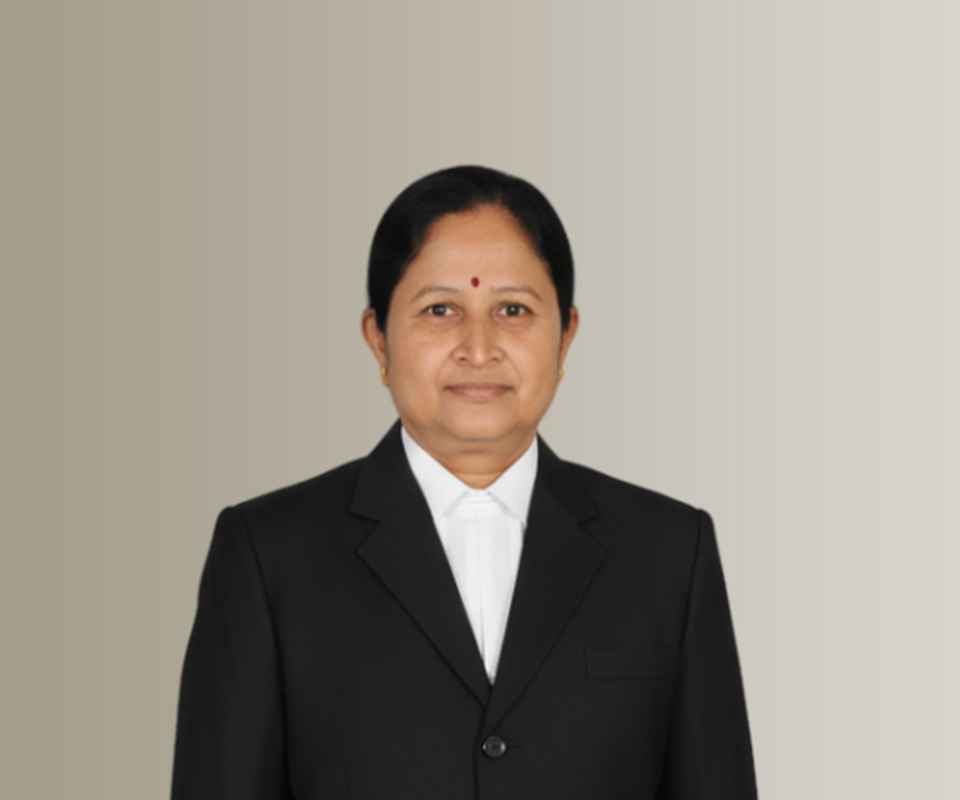Answer By law4u team
Yes, in-laws can be held accountable under domestic violence laws in India. The Protection of Women from Domestic Violence Act, 2005 (PWDV Act) provides legal recourse to women facing abuse not only from their husbands but also from other members of the husband's family, including in-laws (such as mother-in-law, father-in-law, brother-in-law, etc.). The Act recognizes domestic violence as a broad spectrum of abuse, which includes physical, emotional, and financial abuse, and offers legal protection to victims, including those suffering at the hands of their in-laws.
Here’s how in-laws can be held accountable and the legal provisions available to the victim:
1. Definition of Domestic Violence under the PWDV Act
The Protection of Women from Domestic Violence Act, 2005 (PWDV Act) defines domestic violence broadly, covering any act of violence, abuse, or harassment by an intimate partner or any person in a domestic relationship. This includes the woman’s husband, in-laws, and other relatives of the husband.
The PWDV Act covers not just physical abuse but also emotional, psychological, and economic abuse. In-laws who participate in or allow such behavior are liable under the law.
2. Accountability of In-Laws
In-laws as Respondents: According to Section 2(q) of the PWDV Act, a domestic relationship is one in which the woman is or has been in a relationship of consanguinity, marriage, or adoption with the respondent (the abuser). This means that husband's family members, such as father-in-law, mother-in-law, brother-in-law, sister-in-law, can be considered respondents in a domestic violence case if they are involved in or condone the abusive behavior.
- Physical Abuse: If a woman is subjected to physical violence, including hitting, slapping, or other forms of bodily harm by her in-laws, they can be held legally responsible.
- Mental Cruelty and Emotional Abuse: In-laws can also be held accountable for mental cruelty or emotional abuse. This includes verbal abuse, insulting behavior, harassment, or any acts that cause emotional distress to the woman. Such actions may be classified as mental abuse under the PWDV Act.
- Economic Abuse: Financial control or economic abuse, where the in-laws restrict or control the woman’s access to money, can also be grounds for legal action. In-laws who control or abuse the woman’s finances by preventing her from working, restricting access to money, or misusing her financial resources, are liable under the Act.
3. Legal Protections Available for Women
Protection Orders: Under Section 18 of the PWDV Act, a woman can seek a Protection Order against not only her husband but also her in-laws if they are involved in abusive behavior. The Protection Order prohibits the abuser (including in-laws) from committing acts of violence or harassment against the woman. It can include:
- Preventing the abuser from entering the woman’s home or workplace.
- Restraining the abuser from contacting or intimidating the woman.
Residence Orders: Section 19 of the PWDV Act allows a woman to seek a Residence Order. If the woman is living with her husband and in-laws, she can request that the abusive spouse or in-laws be ordered to vacate the shared residence, or the court may allow her to remain in the residence and restrict the abuser from entering it.
Monetary Relief: The Act provides for monetary relief under Section 20, where a woman can ask for compensation for any physical or mental harm caused by the abuse. This may include:
- Medical expenses for injuries caused by the abuse.
- Compensation for loss of earnings due to the abuse.
- Damages for emotional distress or harm caused by the abuse.
Custody of Children: If the woman has children and the in-laws have interfered with her custody or care of the children, she can also seek a custody order under the PWDV Act, ensuring that she has the right to care for and protect her children.
4. Filing a Domestic Violence Complaint Against In-Laws
To file a domestic violence complaint against in-laws, a woman can follow these steps:
- Report to the Protection Officer: The first step is to approach a Protection Officer in the area. The Protection Officer will assist in filing a formal complaint and help initiate legal proceedings under the PWDV Act.
- File a Complaint in Court: The victim can file a complaint (petition) in the family court or magistrate court, detailing the nature of abuse, which may involve physical violence, emotional distress, or economic exploitation by the in-laws.
- Filing an FIR with the Police: In cases where there is immediate danger or the abuse is severe (e.g., physical assault), the woman can file an FIR (First Information Report) with the police, and they may arrest the abuser, whether the husband or in-laws, depending on the case.
- Request for Protection Orders: The woman can request the court to issue Protection Orders, Residence Orders, and seek maintenance or financial support.
5. Legal Remedies for Mental and Emotional Abuse by In-Laws
- Emotional Abuse: Even if physical violence is not involved, mental cruelty or emotional abuse by the in-laws, such as constant belittling, insulting language, making the woman feel inferior, or isolating her from family and friends, is grounds for seeking protection under the PWDV Act.
- Financial Control: In-laws who are involved in financial abuse—such as denying the woman access to money, forcing her to depend financially on her husband or them, or restricting her career choices—are also accountable under the PWDV Act.
Example:
Sonia, a married woman, faces consistent emotional abuse and financial restrictions from her mother-in-law and father-in-law. They insult her, prevent her from meeting her family, and control the household finances. Sonia decides to take action:
- Sonia files a complaint with a Protection Officer about the emotional and financial abuse at the hands of her in-laws.
- The court issues an Immediate Protection Order, prohibiting her in-laws from entering her home or making contact with her.
- Sonia also applies for a Residence Order to ensure her in-laws are removed from the household.
- The court grants monetary relief to cover Sonia’s medical expenses for the psychological harm caused by the abuse.
- Sonia is awarded financial support and a temporary residence at a shelter while her case is ongoing.
Conclusion:
Yes, in-laws can be held accountable under domestic violence laws in India. The Protection of Women from Domestic Violence Act, 2005 (PWDV Act) allows women to seek protection, relief, and compensation for physical, emotional, and economic abuse by husbands and in-laws. Women can file complaints against abusive in-laws, seek Protection Orders, Residence Orders, and monetary relief, and take immediate legal action to ensure their safety and well-being.







